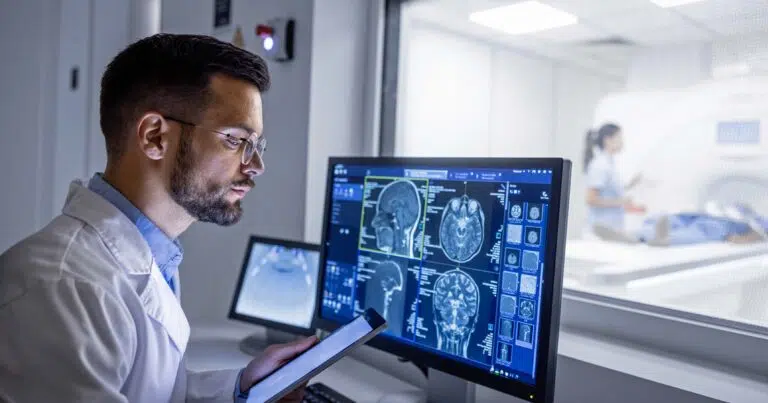Phlebotomist Career Guide
Looking for a different career guide?
Overview
A Phlebotomist is a skilled healthcare professional responsible for drawing blood from patients for medical testing, transfusions, or donation purposes. Their expertise ensures accurate and safe blood collection, making them an essential part of the healthcare team.
Essential Job Functions:
Phlebotomists collect blood specimens from patients, label and transport samples for laboratory analysis and maintain proper documentation. They interact with patients, ensuring their comfort and educating them on the blood collection process. Phlebotomists also play a crucial role in maintaining a sterile and organized work environment.
Education
To become a Phlebotomist, a high school diploma or equivalent is typically required. Many phlebotomy training programs, often offered by vocational schools or community colleges, provide comprehensive education and hands-on experience in blood collection techniques.
Qualifications

Skills
Phlebotomists must have a strong understanding of venipuncture techniques, blood collection equipment and safety protocols. Excellent communication skills are essential for interacting with patients and ensuring their comfort during the procedure. Attention to detail, organizational skills and the ability to work efficiently are critical for accurate sample collection and record-keeping.
Responsibilities
The primary responsibility of a Phlebotomist is to collect blood specimens while ensuring patient safety and minimizing discomfort. They must label, transport and document samples correctly, following established protocols. Phlebotomists also maintain a clean and organized work area and may assist with patient inquiries and concerns.
Salary Insights
The average salary for a Phlebotomist is $1,278.02 per week.
Last updated on March 26, 2025. Based on active jobs on Vivian.com.
Pros & Cons
Becoming a Phlebotomist offers several advantages, including the opportunity for direct patient interaction, a relatively short training period and a stable job outlook. Phlebotomists often work in various healthcare settings, such as hospitals, clinics and laboratories.
However, the role also comes with challenges. Phlebotomists may encounter difficult or anxious patients, and the job can be physically demanding due to prolonged standing and repetitive tasks. Additionally, working with blood carries a slight risk of exposure to infectious diseases, emphasizing the importance of adhering to safety guidelines.
In conclusion, a career as a Phlebotomist is an excellent entry point into the healthcare field, offering a fulfilling role in patient care and laboratory support. With the right training, certification and dedication to patient well-being, individuals can embark on a rewarding journey as a skilled Phlebotomist, contributing to accurate medical diagnoses and effective treatment plans.
Some of the content on this page was enhanced using artificial intelligence.
Join over 1 million healthcare workers that are getting a head start with Vivian.
Join Vivian





